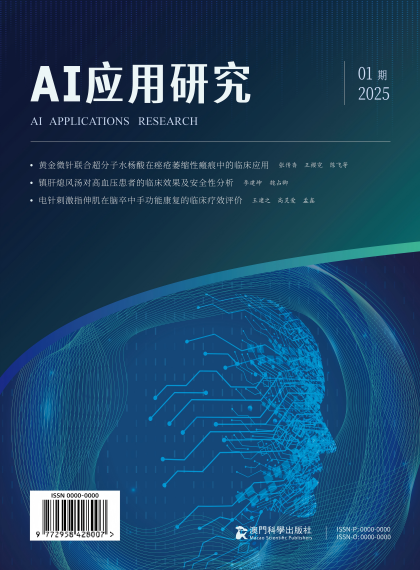摘 要:
规则推理是智能系统中非常重要的一部分,它通过一系列规则和推理技术提高了系统的智能水平。本研究主要关注在模型推理能力强化中的规则推理方法。引入了一种基于规则的奖励机制(GRPO)。GRPO不仅通过规则推理提高了模型的推理能力,同时也引入了一种奖励机制来动态调整推理规则,以实现在复杂环境中的自我适应。我们基于这种机制,设计并实验了多种情境模型。实验结果表明,相对于传统的规则推理方法,GRPO在推理精度、效率和稳定性等方面都有所提升。特别是在处理模糊数据和面对新型问题时,GRPO表现出显著的优势,为模型的推理能力强化提供了新的解决方案。此研究不仅对增强模型的推理能力理论有深入理解,同时也为实践中的应用提供了有益的参考。
关键词:规则推理; 奖励机制; GRPO
Abstract:
Rule-based reasoning is a crucial component in intelligent systems, enhancing the system's intelligence level through a series of rules and reasoning techniques. This study primarily focuses on rule-based reasoning methods for strengthening model reasoning ability. A Rule-based Reward Mechanism (GRPO) is introduced. GRPO not only improves the model's reasoning ability through rule-based reasoning but also incorporates a reward mechanism to dynamically adjust reasoning rules, enabling self-adaptation in complex environments. Based on this mechanism, we designed and experimented with various scenario models. The experimental results demonstrate that, compared to traditional rule-based reasoning methods, GRPO exhibits improvements in reasoning accuracy, efficiency, and stability. In particular, when dealing with fuzzy data and novel problems, GRPO shows significant advantages, providing a new solution for enhancing model reasoning ability. This research not only deepens the theoretical understanding of strengthening model reasoning ability but also offers valuable references for practical applications.
Keywords: Rule-based reasoning; Reward mechanism; GRPO
--
